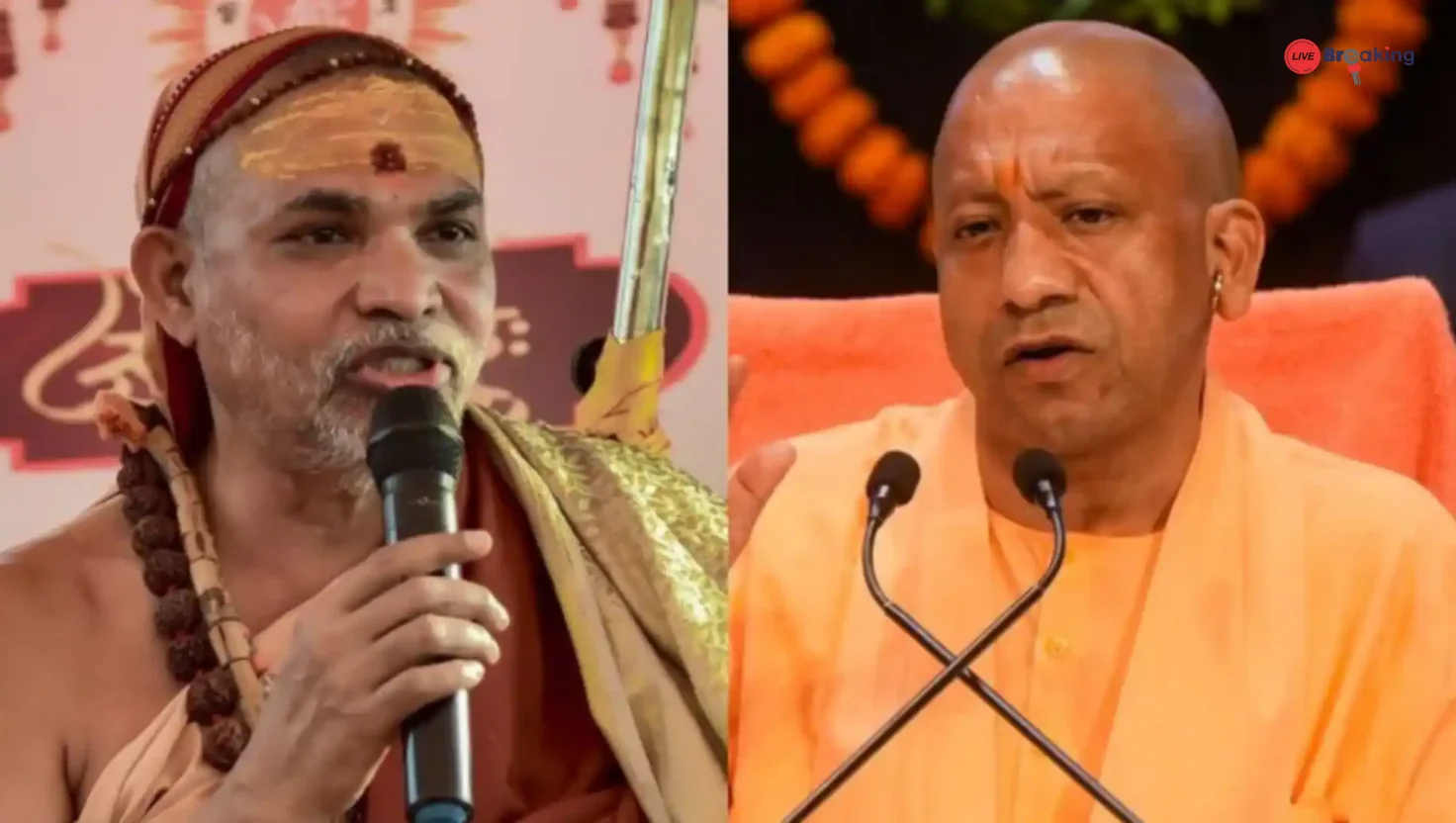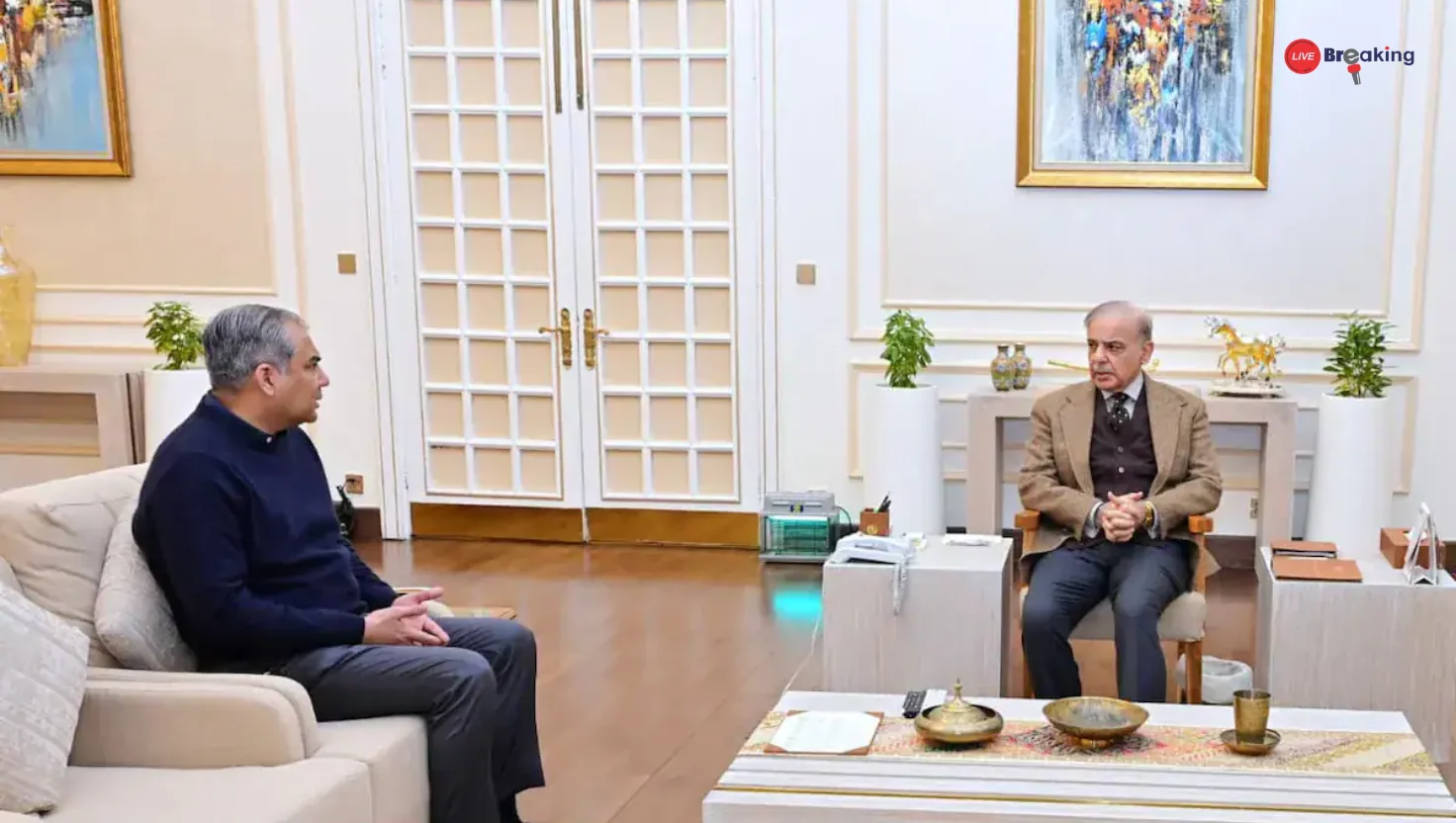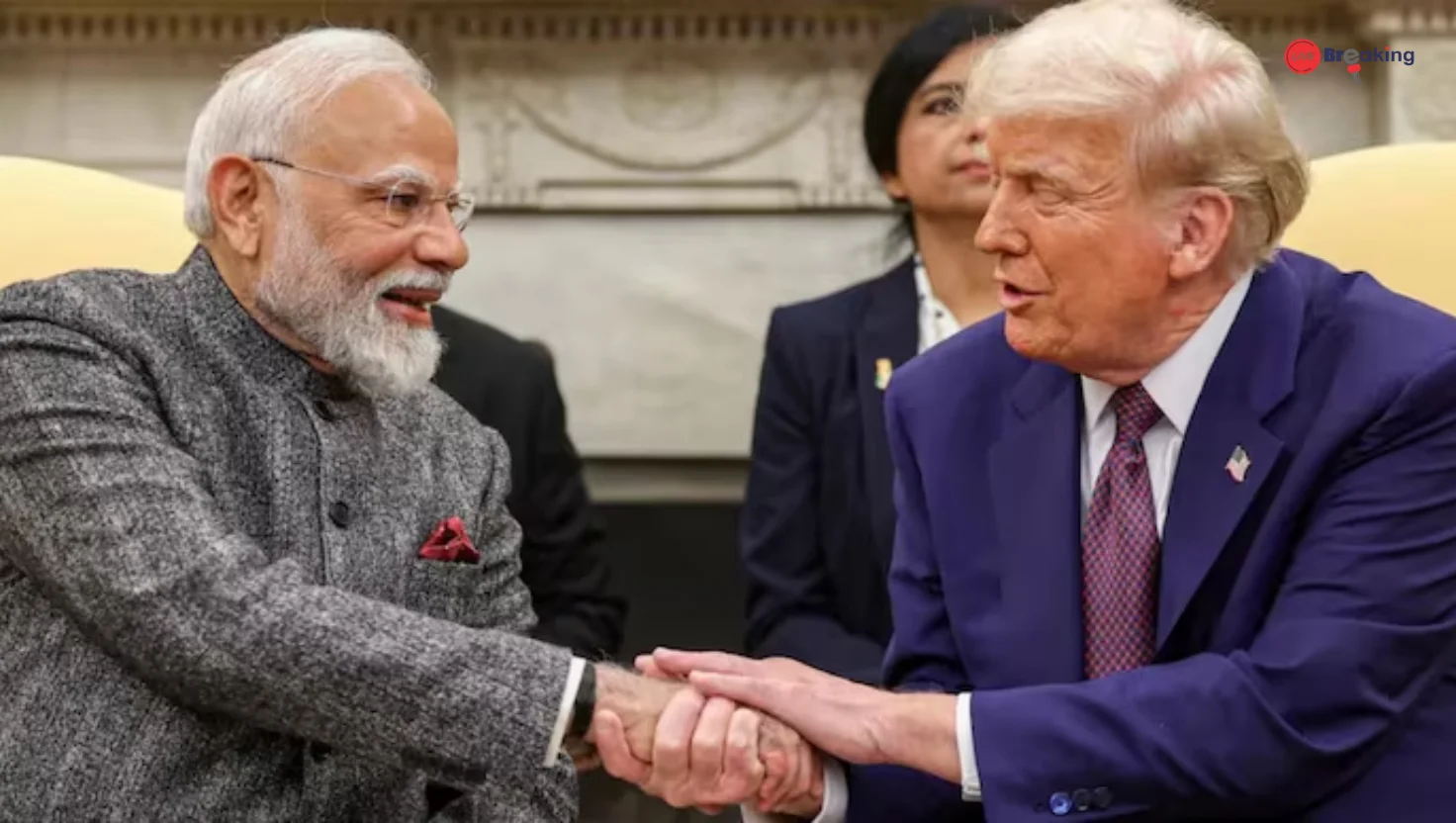Why the Word “Dating” Sends Indian Parents Into a Frenzy
The word “dating” often stirs anxiety in many Indian households. While young people in cities and towns may see dating as a natural step in forming relationships, many parents still associate the concept with rebellion, cultural erosion, and moral risk. This sharp divide is not merely about relationships—it reflects the broader clash between tradition and modernity, between collective expectations and individual choices.
The Weight of Tradition
For centuries, relationships in India were shaped primarily by arranged marriages. Families, rather than individuals, played the most important role in choosing life partners. The system was rooted in community, caste, religion, and family honor. In such a framework, the idea of two people spending time together outside wedlock—without family involvement—was almost unthinkable.
Even today, in many households, the shadow of these traditions looms large. Parents fear that “dating” challenges not just family authority but also societal norms. To them, dating often represents a departure from values they were raised with.
The Fear Factor
Why exactly does the term trigger panic? One reason is the association of dating with physical intimacy. For many parents, the assumption is that dating inevitably leads to behavior considered inappropriate before marriage. Such assumptions stem from lack of exposure, conservative upbringings, and a tendency to equate western practices with a loss of cultural identity.
Read more: 10 Relationship Challenges Every Couple Faces: Know How to Overcome Them
Another fear comes from society’s judgment. Families often worry more about “what people will say” than what their children truly want. The stigma around dating can lead to gossip, reputational damage, and even social isolation, especially in smaller towns and traditional communities.
The Generational Divide
At its core, the panic around dating highlights a deep generational gap. Young Indians, exposed to movies, digital platforms, and global culture, often see dating as harmless companionship—a way to know someone better before making commitments. For them, it is about compatibility, trust, and shared values.
Parents, however, may view it as a slippery slope toward distraction, heartbreak, or even rebellion. Their idea of love and marriage often centers around stability and long-term security rather than emotional exploration. This gap in understanding leads to frequent clashes, hushed conversations, or outright prohibitions at home.
The Urban-Rural Contrast
It is also important to recognize that India is not uniform in its cultural attitudes. In metropolitan cities, dating apps, casual relationships, and open discussions about partners are increasingly common. Parents in urban centers, though still cautious, are becoming more accepting of the idea. On the other hand, in rural areas and semi-urban towns, traditional norms dominate, and dating remains largely taboo.
This contrast shows that the panic is not simply generational but also geographical and social, shaped by education, exposure, and community pressures.
Changing Times
Despite resistance, the idea of dating is gradually gaining acceptance. Parents today, compared to previous generations, are slightly more open to listening to their children’s perspectives. Many are beginning to understand that relationships are a natural part of growing up and that open conversations are healthier than denial.
Read More: Identifying the Red Flags of Toxic Communication: 5 Signs and Strategies for Management
Cinema, social media, and the growing independence of young adults have played a vital role in normalizing dating. As more individuals choose their own partners, the cultural stigma is slowly breaking, even if progress remains uneven.
Towards Understanding
The panic that parents feel is not rooted in malice but in fear—fear of change, of losing control, and of facing societal judgment. For young Indians, bridging this gap requires patience and dialogue. By involving parents in conversations, breaking stereotypes, and emphasizing respect and responsibility in relationships, the cultural stigma around dating can slowly be dismantled.
Conclusion
The frenzy around the word “dating” is not just about romance; it is about the cultural tug-of-war between old and new India. While parents panic at the mention of the term, change is inevitable. As communication improves and society evolves, the day may not be far when “dating” is seen not as rebellion but as a natural expression of choice and companionship in Indian families.














